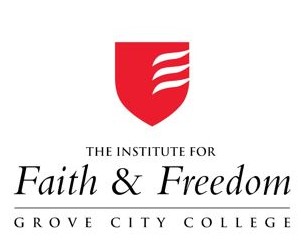Election Numbers Make “Faith-Based Civil War” Less Likely Than Before

During the tumultuous and eventful four years of Donald Trump’s presidency, passionate partisans on both sides warned of the potential for a new civil war – a dreadful domestic conflict based, at least in part, on differences in religious outlook.
After this year’s fateful election, however, there’s reason to feel reassured that such faith-based differences have become less dangerous in shaping the polarization that afflicts our present politics.
Looking back at the exit polls from 2016, it’s easy to see why many observers saw religious conviction as the primary force driving Trump’s surprise victory. Without the overwhelming support of self-described “white Evangelical, or Born Again Christians” the Boisterous Billionaire would have sunk beneath a blue tidal wave in a defeat of overwhelming proportions. Some 26% of all voters identified as Evangelicals, and went for Trump by a massive margin of 81 to 15%. But among the rest of the electorate of every other faith tradition (or of no religious affiliation at all), Hillary Clinton proved the overwhelming choice, 59 to 35%.
In 2020, religious distinctions still mattered in shaping political preferences, but played a measurably less significant role. This time, Evangelicals preferred Trump by a margin of 52% – not the huge 66% difference of four years earlier. Joe Biden made a concerted effort to win Born-Again voters this year and gathered nearly a quarter of them (24%), a significant improvement on the previous Democratic nominee, Hillary Clinton, who earned a paltry 15%.
At the same time, President Trump’s close identification with Evangelicals during his time in office didn’t stop him from making major inroads among the 15% of voters who say they have “no religion” at all– scoring 35% of that voting bloc, compared to the 30% he won four years earlier.
What such numbers show is that a Democrat like Biden can make himself more competitive within the devout Christian community than did Hillary in her misbegotten campaign of 2016, and President Trump, after a full term in office, could still score a higher percentage of the growing segment of the population that’s not attached to any faith.
This news doesn’t suggest a long-term, over all advantage for either party, or for any candidate. But it does indicate that religion isn’t as divisive or decisive a political factor as seemed to be in 2016, and desperate alarms about a looming, irrepressible religious war look more and more exaggerated and overblown.




















